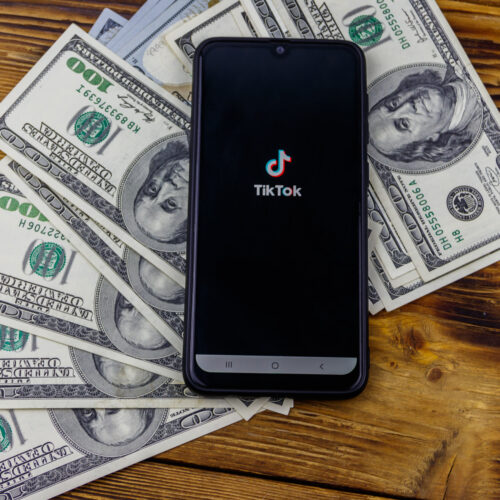The private sector of the healthcare industry shifted away from traditional company-financed pension plans ten years ago. However, some points can get overlooked. Let’s talk about the several things to know about 401(k) plans for the healthcare industry.
Why healthcare services should offer retirement plans
- Offer a benefit to compete with other practices
In today’s job market, there’s a lot of competition for great talent between large, hospital-affiliated clinics and private or smaller medical practices. Employees nowadays are concerned about their futures more than ever. Offering a 401(k) plan to healthcare personnel is a great way to recruit and retain them. And doing so is possible without hurting one’s pockets – Saveday can show you how.
- Tax benefits
Providing a 401(k) plan makes financial sense when considering the tax benefits. Companies can obtain these benefits when they contribute to employee accounts. It’s a win-win situation for both sides! Employer matching can be deducted from a plan sponsor’s federal corporate income tax filings, thus saving them money.
Additionally, small businesses with 100 or fewer employees may be eligible for a $5,500 tax credit. This credit is received when one starts a small business 401(k) plan for the first time. It rolls out for each of the first three years. (Talk with a CPA for more information about the SECURE Act.)
401(k) plan options
There are several retirement plan options available. It doesn’t matter if one works for a small-to-large-sized company, operates a business with workers, or is self-employed with no boss. Employers may provide retirement plans to their workers in the form of a 401(k), 403(b), Solo 401(k), SEP IRA, or SIMPLE IRA.
Here are some key takeaways:
- Any public or private company may give out a common 401(k) to its employees.
- A 403(b) plan, referred to as a tax-sheltered annuity (TSA) plan, is a retirement account for non-profit and government organizations.
- 401(k) plans require nondiscrimination testing. 403(b) plans do not.
- 401(k)s are the fastest-growing defined contribution plans.
- Only the 401(k) has witnessed an increase in the number of companies providing it. The others have been on the decline.
- The Solo 401(k) is only open to business owners, partners, and spouses. Non-owners cannot participate.
- A SEP-IRA can include employees. However, this can be costly for the practice owner. The employees must get the same percentage contribution from the company as the owner.
SIMPLE IRA:
- Some smaller employers may offer a SIMPLE IRA plan. Employers are obligated to make either a matching or non-elective contribution on your behalf, regardless of whether or not an employee contributes.
401(k) plans for the healthcare industry: Key Considerations
- Administrative Costs and Other Fees
Before a company offers the benefit of a 401(k), it should consider whether it can handle the administrative expenditures and other fees. Most smaller medical practices do not have a full-fledged HR department or specialist. Low-cost providers like Saveday can provide a cost-effective option that relieves the HR burden.
- Nondiscrimination Testing
Employees must conduct yearly “non-discrimination” tests on their 401(k) plans. Firstly, to ensure that contribution rates match defined guidelines. Secondly, to ensure that they don’t benefit highly-compensated employees (HCEs) over non-highly compensated employees (NHCEs).
Many small firms and start-ups choose a “safe harbor match”. This option requires corporations to donate depending on one of three scenarios. It also exempts them from some anti-discrimination criteria.
- Risks
Small medical practices don’t usually have an in-house specialist who can properly administer 401(k) plans and handle employee concerns. This causes mismanagement that results in litigation.
Saveday manages plans professionally. Doing so alleviates most of the fiduciary responsibilities and headaches.
New findings over current 401(k) plans for the healthcare industry
In recent years, employer-sponsored retirement plans have progressed. Plans are now shifting towards a holistic financial wellness strategy. Doing so can assist employees in having a balance between living well today and planning for a more secure future.
Healthcare workers have the same financial concerns as the rest of the workforce. Many healthcare plan sponsors believe their employees should be better prepared for retirement. More importantly, sponsors want their service providers to support financial wellness initiatives through plan design.
Here are some of those plan design aspects: auto-enrollment, default elections, auto-escalation, and re-enrollment. These aspects can improve performance and participation metrics for both members and employers. It’s not enough to only educate people on retirement and hope for the best!
Conclusion
Providing a 401(k) plan doesn’t have to be difficult or expensive. Everyone in the healthcare industry can benefit from a well-managed plan. It’s helpful for employees to simplify 401(k) administration by taking measures to plan and invest for their future. Saveday, the only $0 employer cost 401(k) provider, can aid and simplify this process for ones company.
To learn more about our process, click here!






